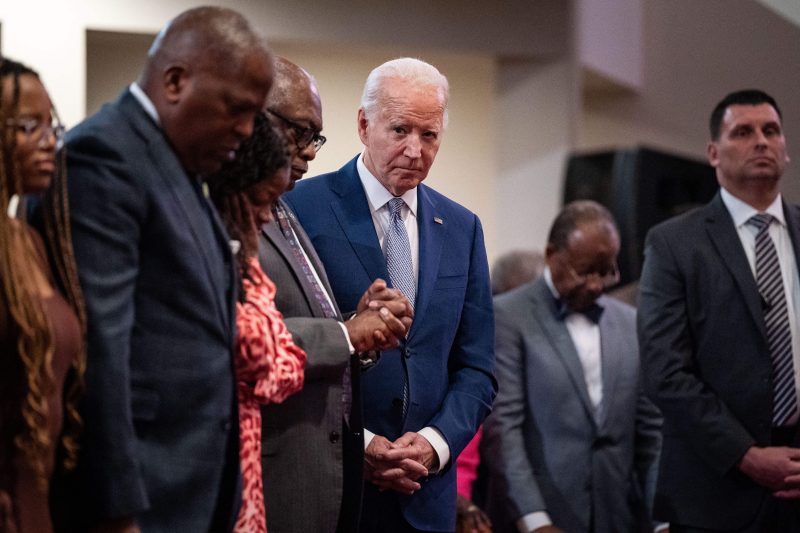
Black Voters Showing Decreased Interest in 2024 Election, Survey Reveals
In a recent study conducted by Ipsos, it was found that there is a significant decrease in the number of Black voters planning to participate in the upcoming 2024 elections. The study, which involved a diverse sample of participants, shed light on some concerning trends that warrant further attention and reflection. This shift in voter engagement among the Black community has raised several questions and concerns about the potential impact on the democratic process and the representation of marginalized voices.
One possible explanation for this decline in voter participation could be rooted in feelings of disillusionment or apathy towards the political system. Many individuals within the Black community have expressed frustration with the lack of meaningful change and progress on issues that directly affect their lives. From systemic racism and police brutality to economic inequality and access to healthcare, there is a pervasive sense of injustice and inequity that has not been adequately addressed by policymakers.
Furthermore, the study also highlighted some significant barriers that may be hindering Black voter turnout in the upcoming elections. These barriers include voter suppression tactics, such as restrictive voting laws and gerrymandered districts, which disproportionately impact minority communities. Additionally, systemic issues like inadequate access to polling stations, lack of information on voting procedures, and language barriers can further disenfranchise Black voters and discourage them from participating in the electoral process.
It is crucial for policymakers, community leaders, and advocacy organizations to take proactive steps to address these challenges and create a more inclusive and equitable voting environment for all citizens. This could involve implementing measures to increase voter education and awareness, expanding early voting options, and combating voter suppression efforts through legal and grassroots initiatives. By actively engaging with marginalized communities and listening to their concerns, we can work towards building a more representative and responsive democracy.
In conclusion, the findings of the Ipsos poll serve as a stark reminder of the ongoing obstacles that Black voters face in exercising their fundamental right to vote. As we look ahead to the 2024 elections, it is imperative that we prioritize efforts to dismantle systemic barriers, promote voter engagement, and amplify the voices of underrepresented communities. Only by working together to create a more inclusive and accessible electoral system can we truly uphold the principles of democracy and ensure that every voice is heard and represented.
